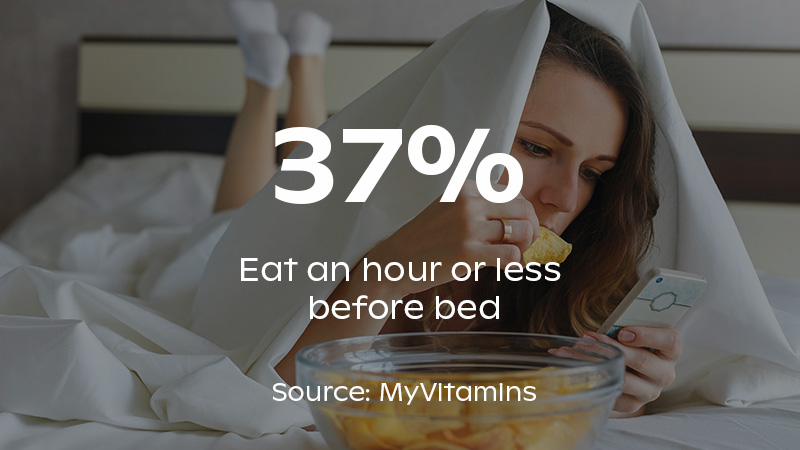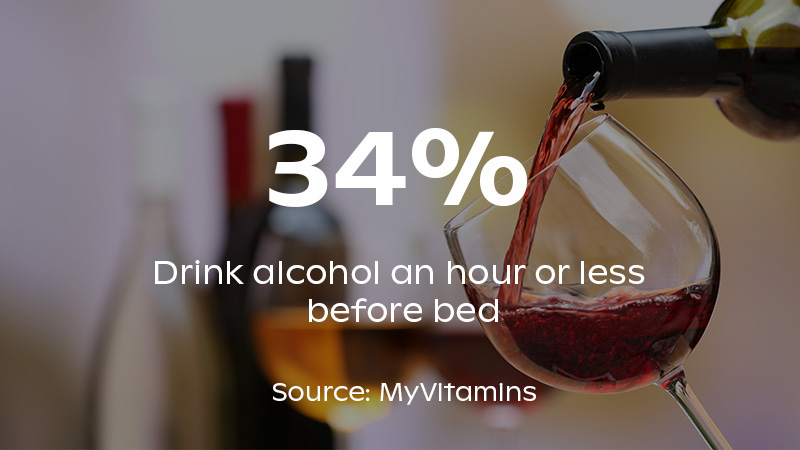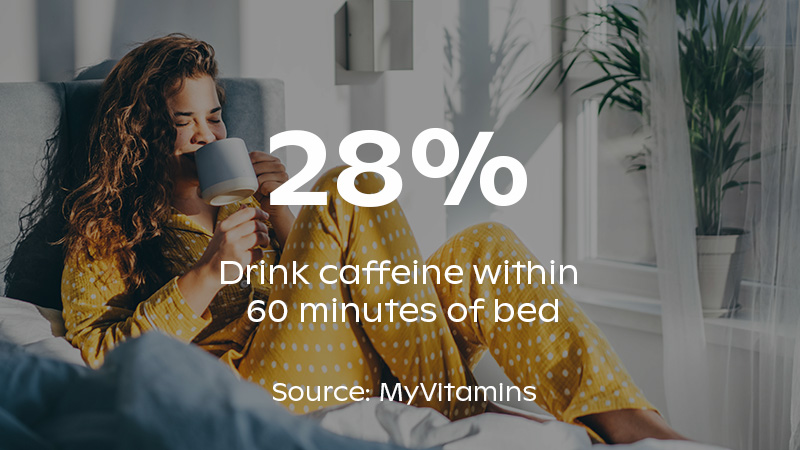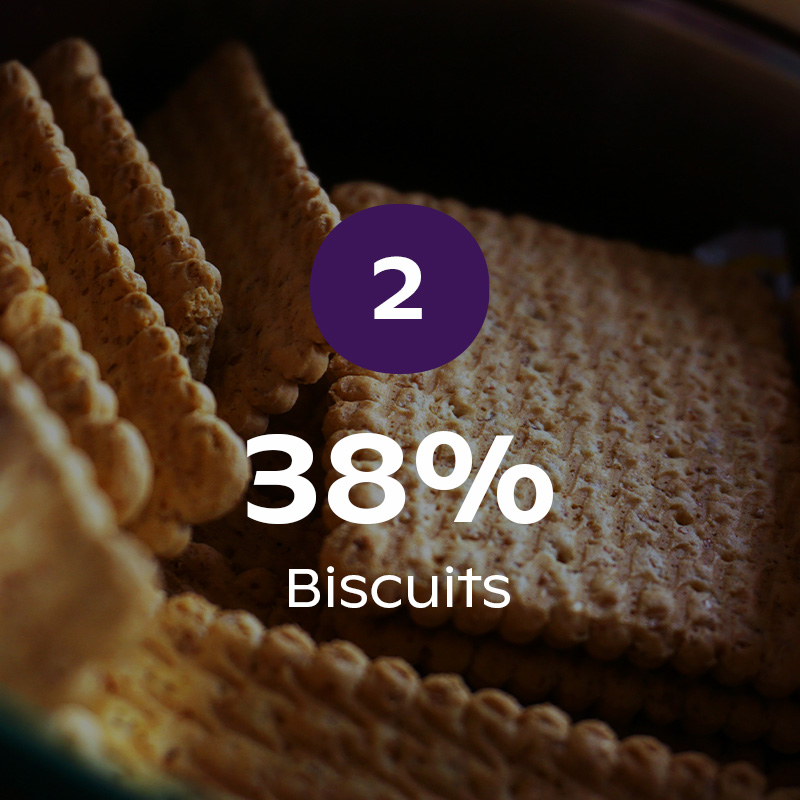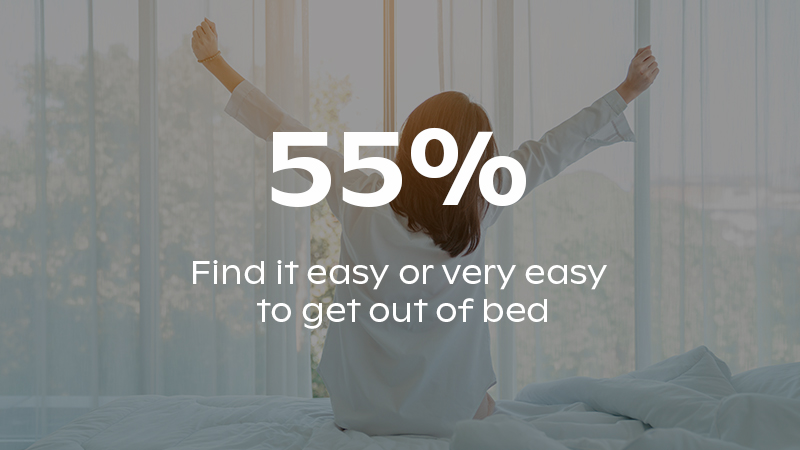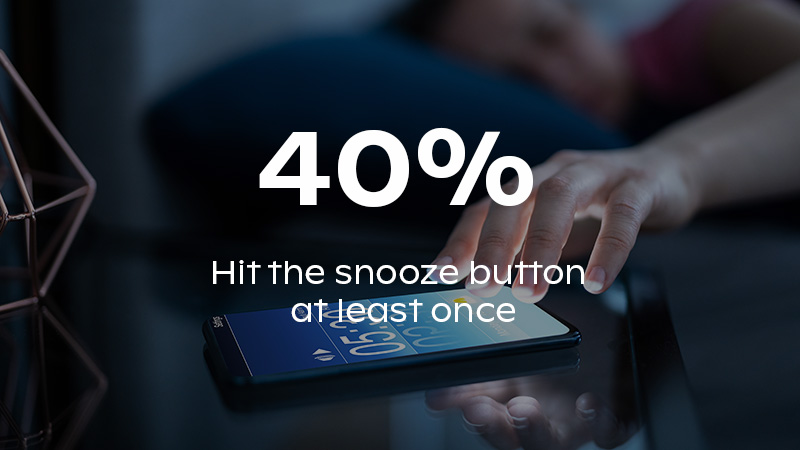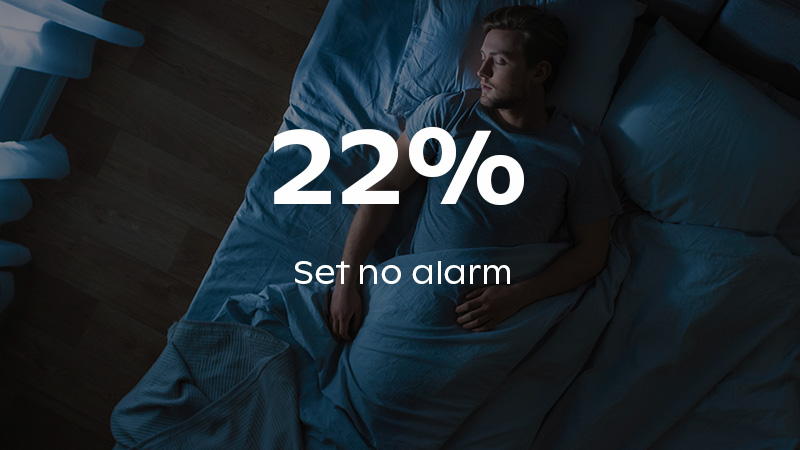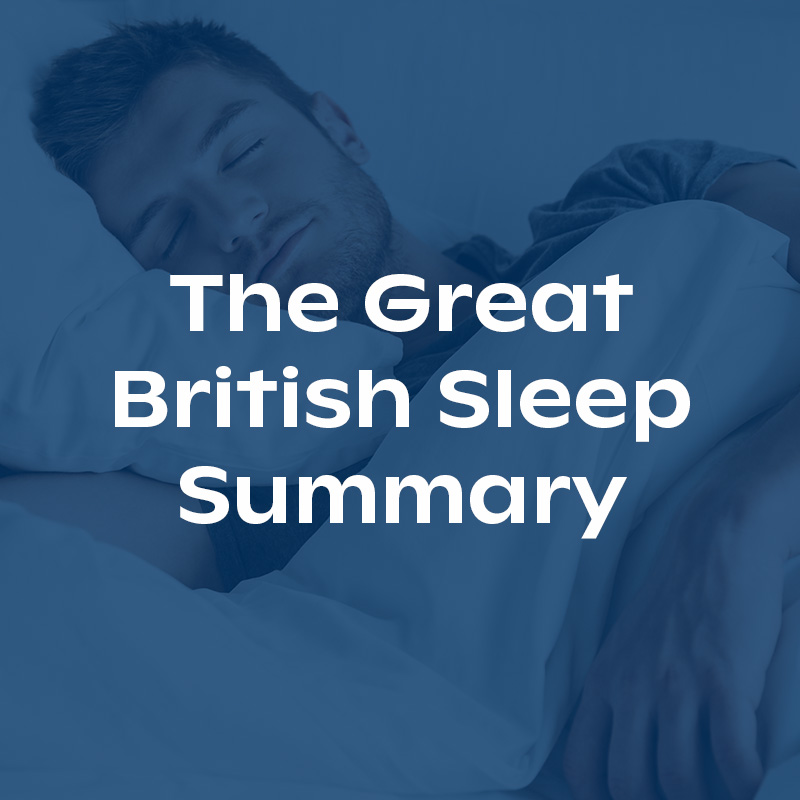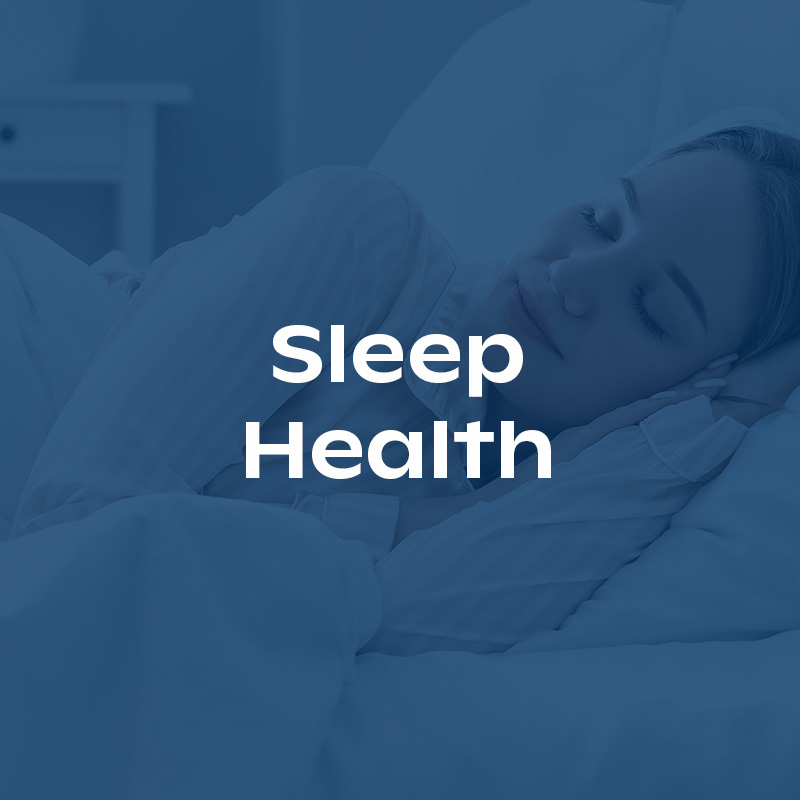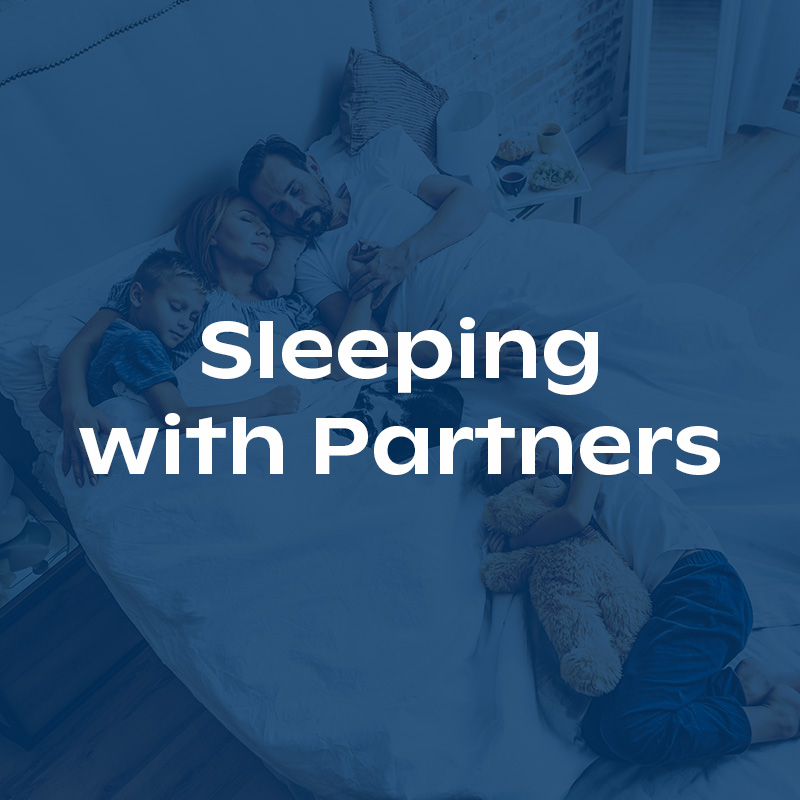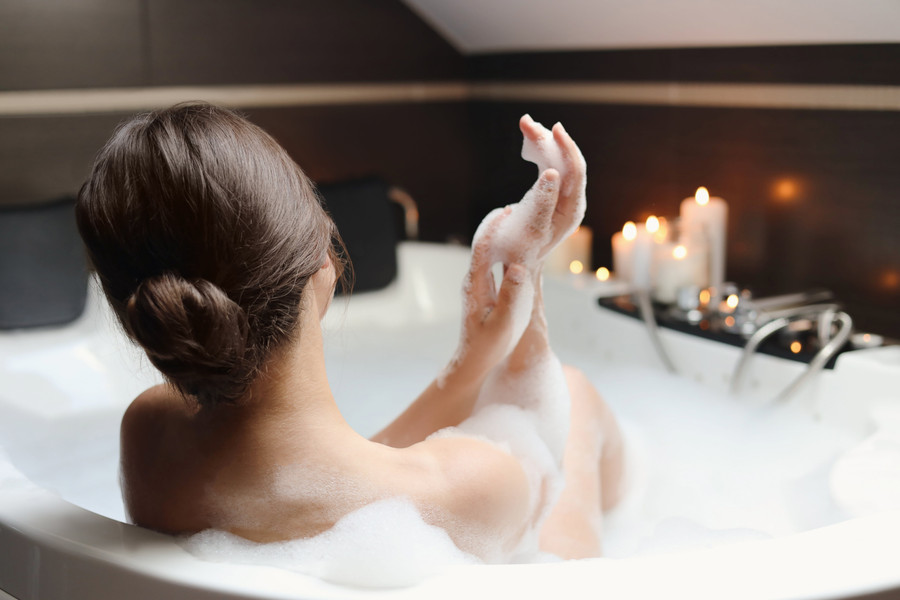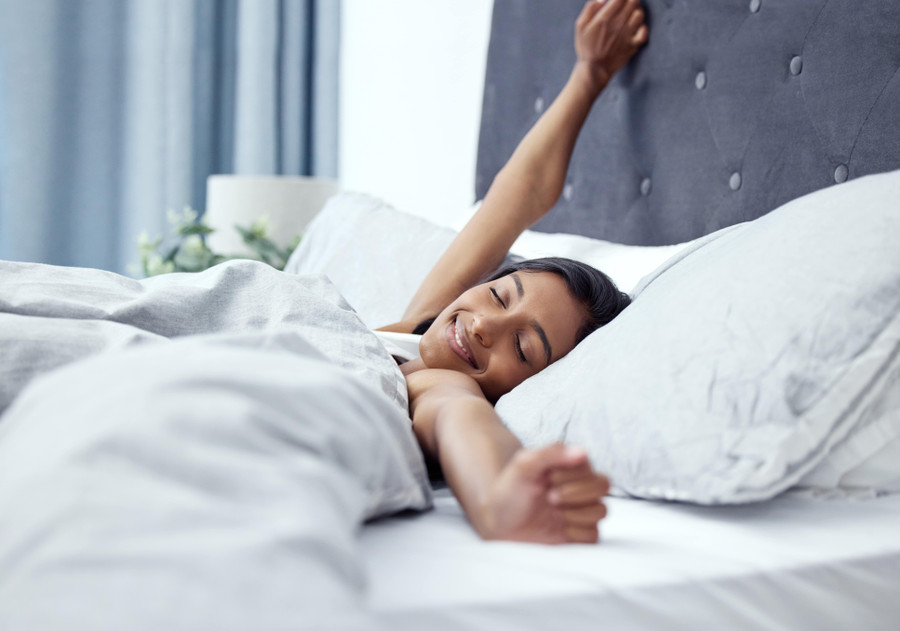
What Prevents You from Sleeping
Modern life is filled with things that are designed to keep us well-connected and make our ever-busy lives easier. But in reality, smartphones, apps, and being constantly connected is more likely to impact our ability to sleep well.
Here, we'll take you through some key bedtime distraction stats that might just make you think before you scroll next time bedtime rolls around.
Hit the Lights
As we’ve discussed before, 47% of British adults are afraid of the dark, and 46% either keep the light on or have the door open (32%) during the night.
Food, Drink & Bed
Eating and drinking before bed can have significant impacts on our sleep, either stopping us from drifting off or affecting the quality of our rest.
What You Drink Before Bed Matters
Many of us think a nightcap helps us relax and sleep better. While it can help you drift off, it will negatively impact your sleep patterns throughout the night, especially the REM sleep stage which is crucial to waking up feeling rested and refreshed.
As a stimulant, it’s no surprise caffeine can keep us awake, and The Sleep Foundation recommends adults stop caffeine consumption a minimum of eight hours before bedtime. Likewise, we should aim to stop eating between 2 and 4 hours before hitting the sack.
However, a light snack can help ward off hunger and let you sleep better. Just avoid anything spicy or high in fat, acid or refined sugar.
Eating in Bed
In 2023, Bakery brand St Pierre conducted a poll that found 46% of Brits are happy to eat food in bed, with 58% thinking breakfast is the best meal to enjoy.
The Morning After
Whether you’re up with the birds or lying in on a lazy Sunday, first thing in the morning is when we often feel the effects of a good (or bad) night’s sleep.
According to YouGov 68% of Brits report feeling ‘very’ or ‘fairly’ often tired when they wake up, while 28% rarely feel tired, and 2% never do. Again, women shoulder the burden here, with 76% waking up feeling tired compared to 59% of men.
Also, it turns out our parents were right - getting an early night is good for you. 76% of self-reported night owls wake up tired, while the early risers feel the same just 57% of the time.
